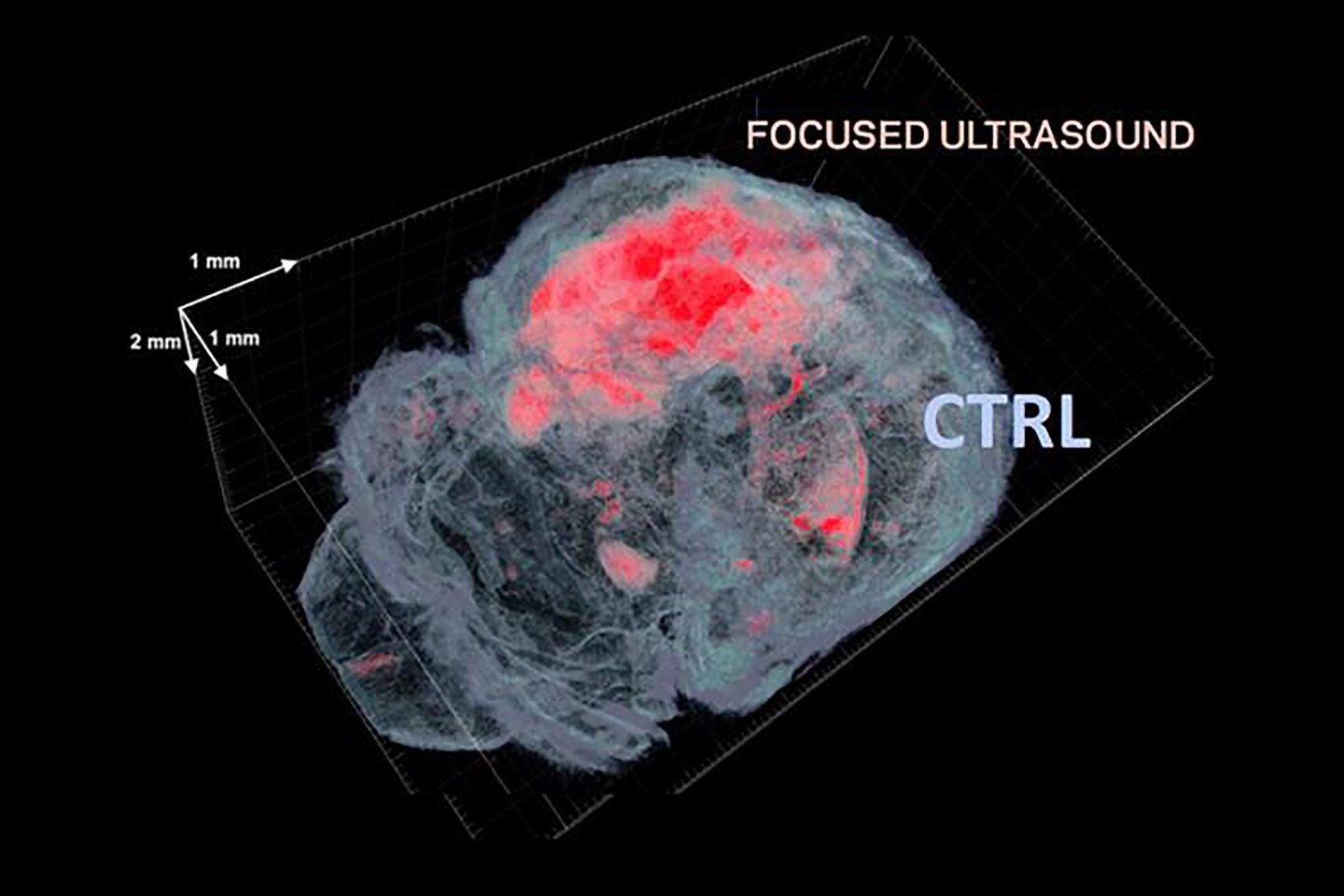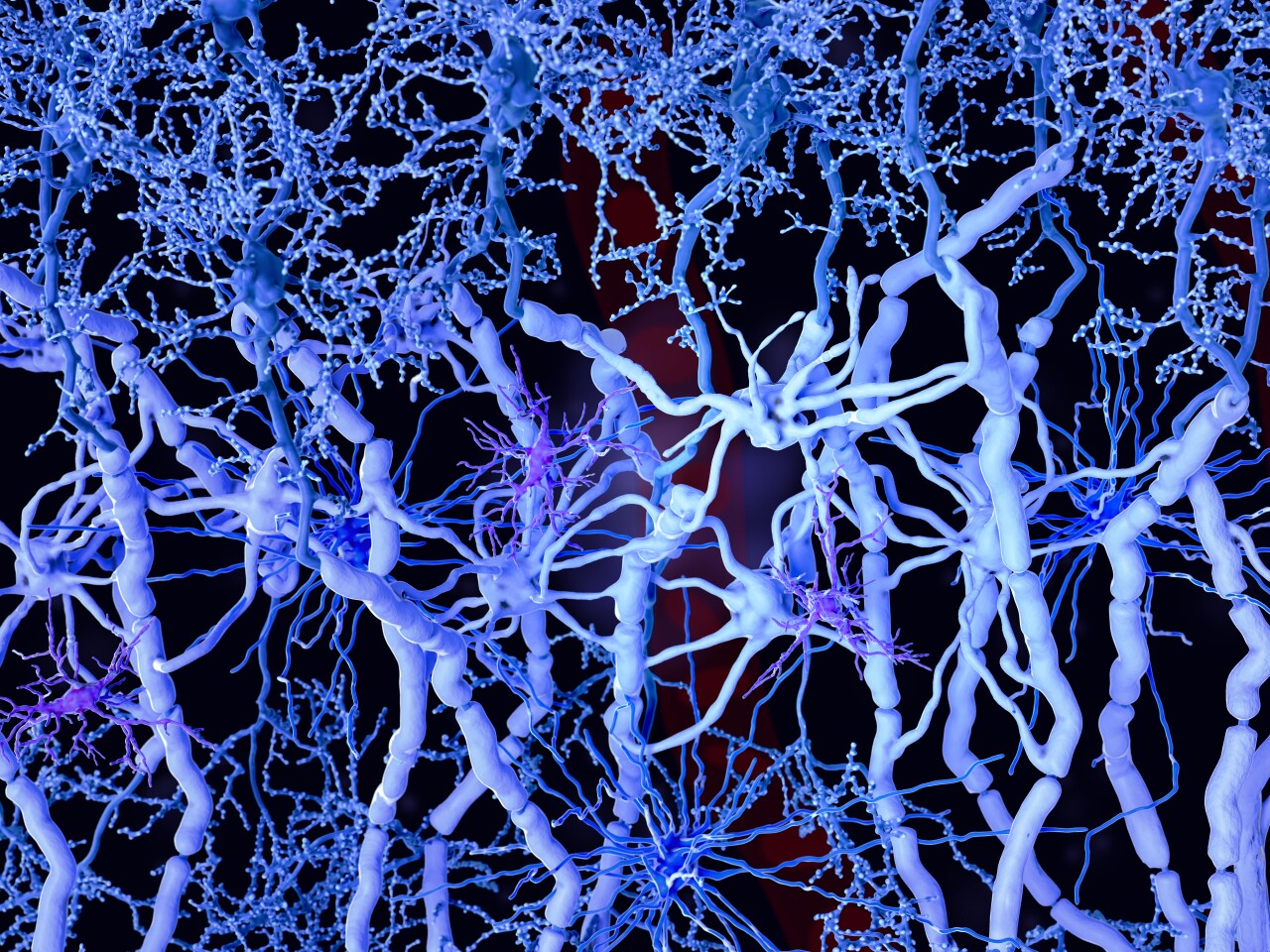Simple test predicts Alzheimer’s risk, 20 years before symptoms show

Australian National University (ANU) physicists have combined nanotechnology, artificial intelligence and molecular biology to design a novel method that looks for Alzheimer’s disease protein markers in blood. These markers are tell-tale signs of early neurodegeneration, and early detection is so far the best defense we have in order to effectively intervene in Alzheimer’s progression. While there’s no cure for the disease, a 20-year jump on symptoms first appearing has the potential to significantly change health outcomes.
Tags: Australian National University, Alzheimer’s Disease, Dementia, Neuroscience, Multiple Sclerosis, Parkinson’s Disease, Nano, Nanotechnology, Artificial Intelligence, Machine Learning
Continue reading Simple test predicts Alzheimer’s risk, 20 years before symptoms show

